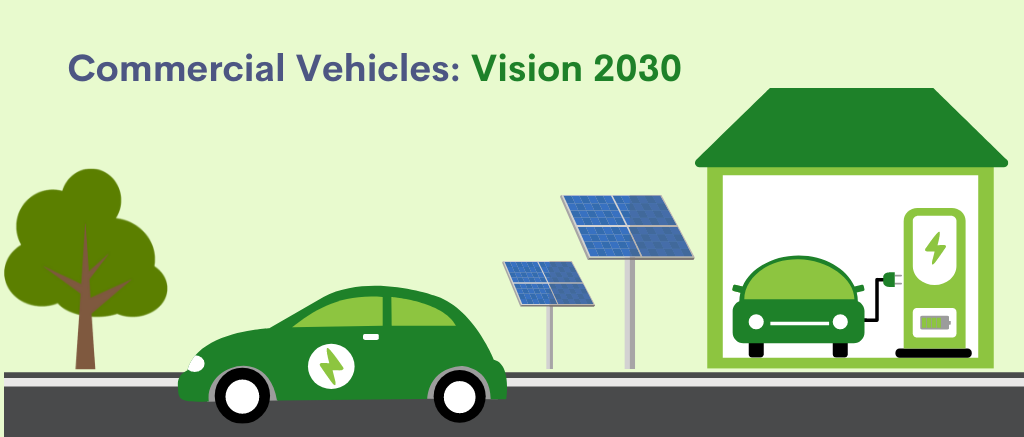When was the last time you were bothered by the ever-fluctuating rates of fuel? We’d like to assume it was a couple of minutes ago.
With such an unexpected change in prices, it is rather difficult to see a future where we depend on exhaustible fuel sources such as petrol and diesel. But then, what is our alternative?
The Age of Electric Vehicles
Someday in the not-so-distant future, when the sun starts to set, the air becomes much colder, and the plants have started to wilt, people will have a much different experience in their cars. In the future, electric vehicles will be the norm.
In fact, in just less than a decade, cars that run on gas will be completely phased out of existence. Manufacturers like Ford and Volvo are looking to switch to electric vehicles in order to clean up their driveways and reduce their carbon footprint.
Ford has already announced that they plan on ending the production of gas-powered cars in 2020. Volvo will follow suit in 2025 by ending production on all gas-powered units.
Electric Vehicles: The New Normal
In September of 2018, the International Energy Agency (IEA) released a report forecasting the growth of battery electric vehicles (BEV) to 2020 and 2030.
Electric vehicles are becoming increasingly popular with the passage of time, and many models of electric vehicles are being eagerly released onto the market. According to a recent report by Solar Power Europe, electric vehicles are expected to grow by 70% by 2030.
As more people turn to electric vehicles, it is being predicted that by 2030, 30% of the total road transport will be electric cars. This is rather exciting news, considering that these cars are 100% electric and are powered by Solar energy.
Electric cars are also eco-friendlier than fuel-powered cars. Electric cars are cleaner because they don’t emit greenhouse gases that cause environmental damage.
Vision 2030 is one of the most important frameworks in the transport sector in India. What we know less, however, is the potential impact we will see on the environment and how it will define our future.
One of the most important components of this project is the electric vehicle plan. The reason is, India has some of the highest emissions on the planet. Achieving this goal will have a huge positive impact both on the environment and on people’s quality of life. Electric vehicles, being zero emissions, will not contribute to global warming or pollution.
What It Means For The Commercial Vehicle Industry
The future of transportation is electric, with the exception of planes and trains. Electric vehicles are attractive because they produce fewer emissions, are safer, quieter, and offer an increased performance level.
Given that, like most new technology, the transition to electric vehicles is hindered byhigh prices, low public awareness, and the lack of charging infrastructurein some regions means the transition to EVs will not be an immediate one.
But with continued research and innovation in battery technology, the cost of electric vehicles is expected to decrease by 2030 to the point where they are competitive with conventional vehicles.
As we all know, one of the industries that are still heavily reliant on fossil fuels is the commercial vehicle industry. This is to be expected since fleet operators find it difficult to find homes for all their fossil-fueled vehicles. And yet, the lack of clean-fueled alternatives are posing a major problem in India.
Since electric vehicles are forecasted to grow by 70% by 2030, the commercial sector is predicted to be the first adopter of electric vehicles. While some analysts are confident that this will dramatically reduce our reliance on fossil fuels, others are skeptical that this will be enough to substantially change the environment. However, most people are confident that relying on clean energy will make building the future easier.
Electric vehicles will be the norm in the future. The increased efficiency will lead to their increased usage, which in turn will bring the prices down due to lower demand for oil.
Electrification of transport will be one of the essential requirements for sustainable development, mobility and economic growth in the next 15 years!And Aaveg is here to represent! By adding more and more electric vehicles in their fleet, Aaveg has become one of the first in the field to carve a path toward renewable sources of transportation.
Aaveg has partnered with 136 Infantry Battalion (Territorial Army-TA) ECO, MAHAR to plan 1,25,000 trees during the current fiscal 2021-22.
We have taken initiatives towards Building Solar Panels to Reduce dependence on Fossil Fuels for generating power and being self-sustainable.
And, building an Eco-System to Supercharge EV Growth and replace 7% of our internal combustion engine (ICE) fleet with EVs across the country.



